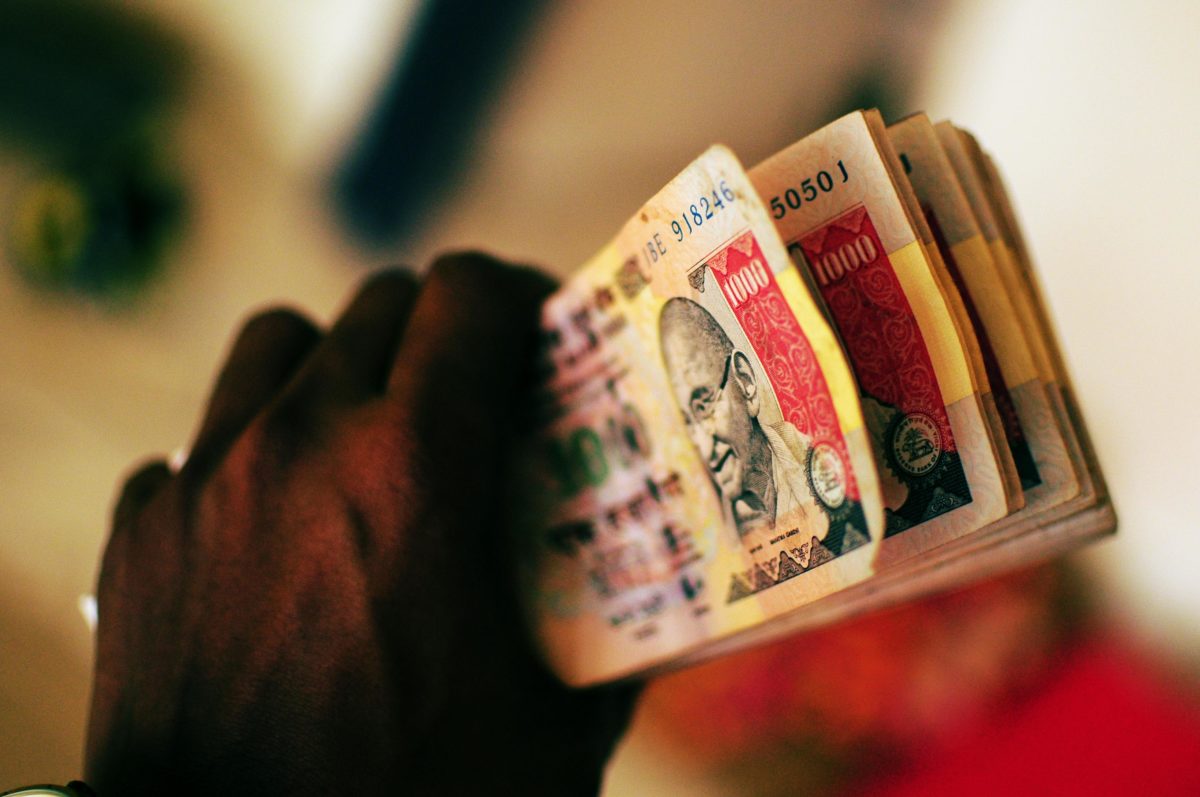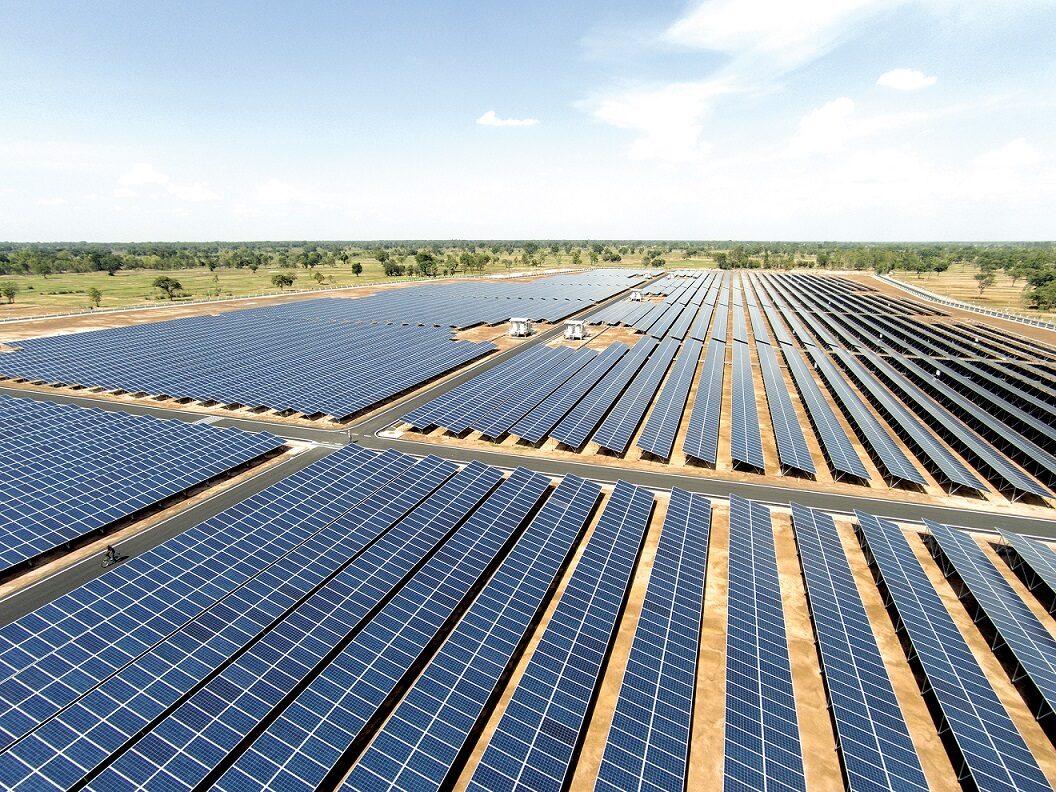The president of India has signed off on a Rs500 crore fund to ensure solar project owners will receive timely payments for energy regardless of financial problems afflicting debt-laden distribution companies (discoms).
The payment security fund will be gradually built up so as to be able to cover three months worth of energy payments related to PV projects with capacities of up to 750 MW, 2 GW and 5 GW that qualify for viability gap funding (VGF) from the Solar Energy Corporation of India (SECI). VGF is provided as a top up grant to the lowest project bid developer after a reverse auction tender to make a project commercially viable, and was introduced as part of the Jawaharlal Nehru National Solar Mission.
The fund will be used to cover any cashflow problems raised by late payments from discoms, state-owned utilities and bulk energy consumers and will be administered by SECI.
A statement issued by the Ministry of New & Renewable Energy said the fund would be topped up with monies raised by the encashment of bank guarantees and any discount due in return for prompt payments from SECI. In a move which may not be welcomed by the industry, the government is also considering a “small fee” to be levied on PV projects to build up the fund.
Security
The fund will also provide security in the form of letters of credit and bank guarantees to obtain long-term open access, transmission charges and other expenses not envisaged at the time of signing power purchase agreements for projects, as well as charges associated with bulk power transmission agreements signed with utilities.
It is not the first time SECI has tried to safeguard energy payments for solar developers. In June 2011, it introduced a payment security mechanism to encourage discoms to make timely payments. The mechanism provided for a 2% rebate to discoms when payments were made to developers the day after a bill was raised and featured an escrow account containing six months’ worth of payments, which could be invoked in the event of non payment.
This content is protected by copyright and may not be reused. If you want to cooperate with us and would like to reuse some of our content, please contact: editors@pv-magazine.com.









By submitting this form you agree to pv magazine using your data for the purposes of publishing your comment.
Your personal data will only be disclosed or otherwise transmitted to third parties for the purposes of spam filtering or if this is necessary for technical maintenance of the website. Any other transfer to third parties will not take place unless this is justified on the basis of applicable data protection regulations or if pv magazine is legally obliged to do so.
You may revoke this consent at any time with effect for the future, in which case your personal data will be deleted immediately. Otherwise, your data will be deleted if pv magazine has processed your request or the purpose of data storage is fulfilled.
Further information on data privacy can be found in our Data Protection Policy.